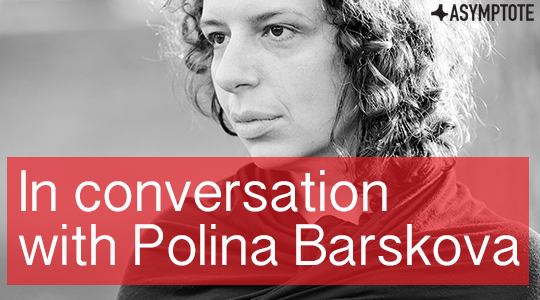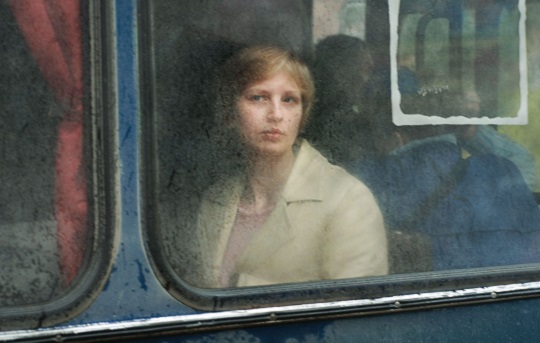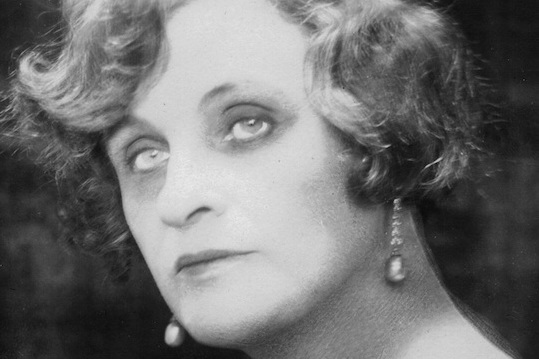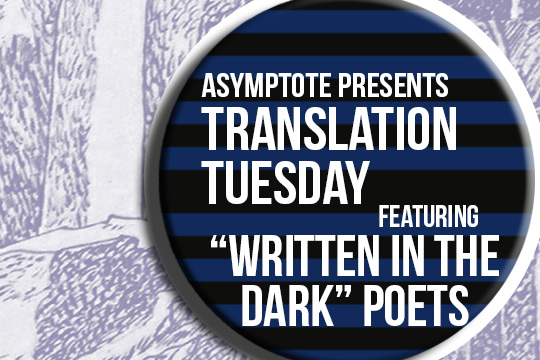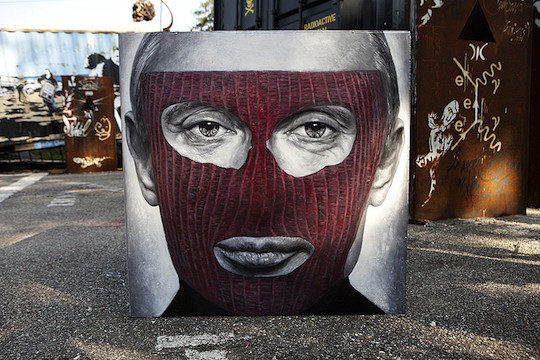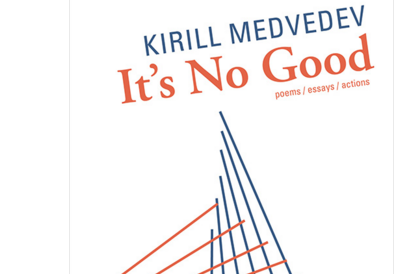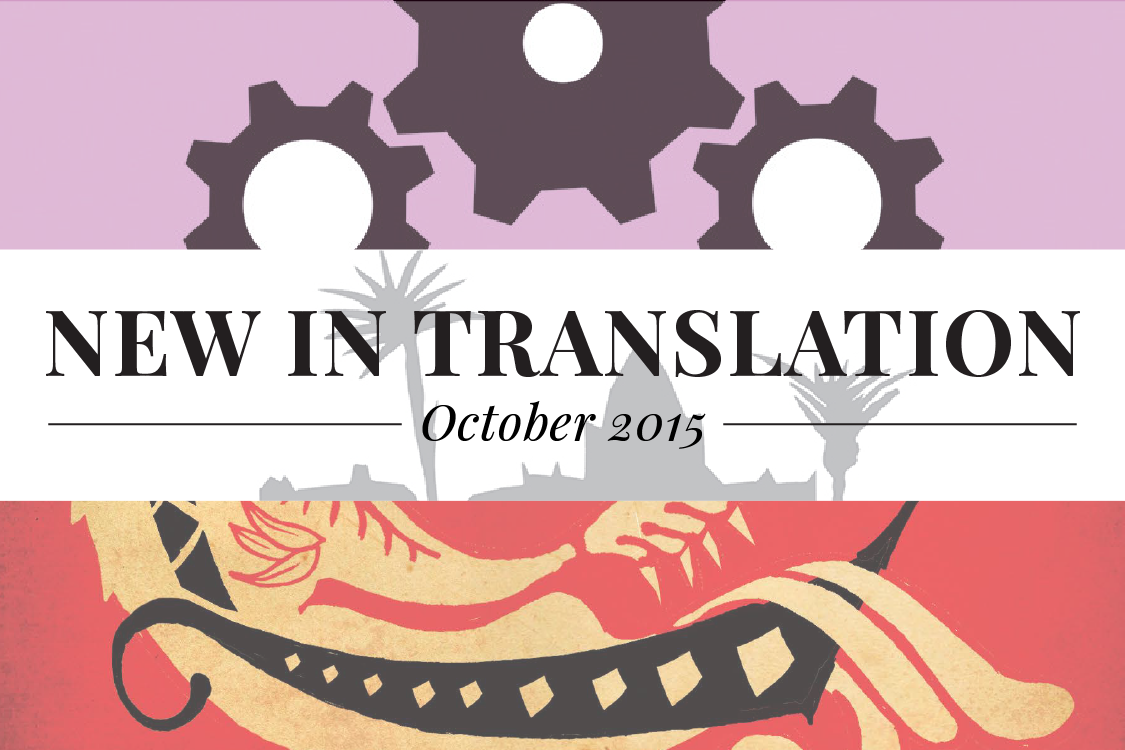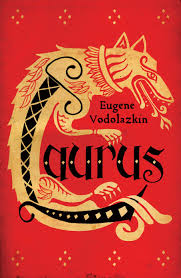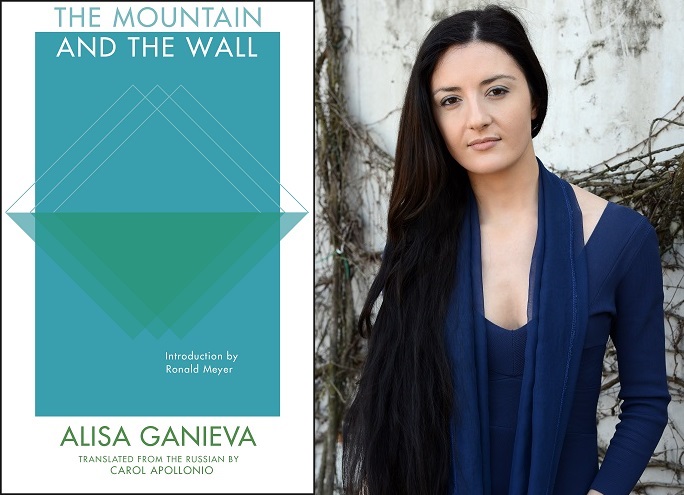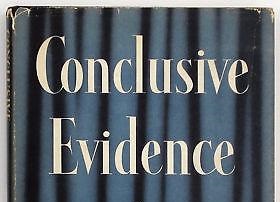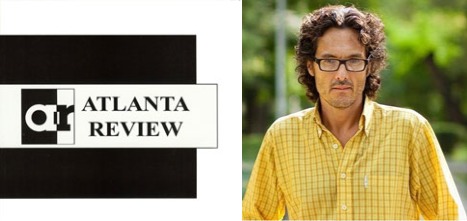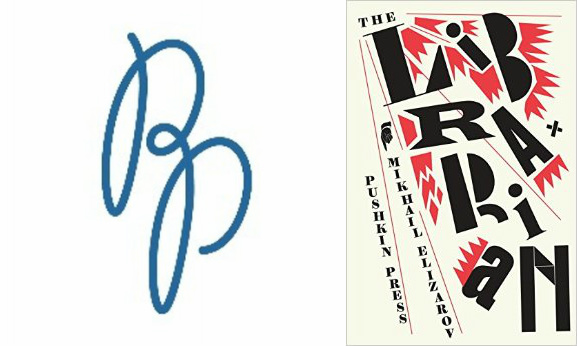Today, we feature editor-in-chief Lee Yew Leong in conversation with Polina Barskova, scholar of the devastating Siege of Leningrad, in which as many as one million perished from famine. Working with a team of historians and translators on “miraculous” archival material, Barskova produced Written in the Dark, an important human testament of its time. After reading this interview, be sure to check out a selection of works from the anthology which we arranged with The Guardian to showcase on a recent Translation Tuesday.
Your project presents a literary phenomenon that has been “unknown even to Russian readers for 70 years,” according to the introduction accompanying the anthology. Can you give our (mostly non-Russian) readers a bit of background into the dire circumstances that resulted in the writing gathered here? Why was it unknown for 70 years, even in its native Russia?
The Siege of Leningrad (1941-1944) was a complex disaster indeed, resulting in around one million deaths from famine. But yet another dire consequence was Soviet power doing everything possible to conceal the humanitarian catastrophe that happened in the city. For decades, only the Soviet version of the heroic fight could be published; all other voices and opinions were suppressed. The poems collected here present the human suffering, not the official version of heroism.
Your work as a scholar on the Siege undoubtedly helped you unearth these important poems, whose survival has been called a “miracle.” Can you shed some light on the discovery, and the process of presenting an English anthology?
This anthology is a collective effort: many scholars worked to unearth and preserve and interpret these texts. My job was mainly to put them together, to organize them into one coherent poetic and historical statement. It is mainly due to the families and disciples of these poets that these texts have survived. In every case, their survival is a miracle.
And with this feeling of awe I’ve been talking about the anthology both in the West and in Russia, and curiously very different audiences receive the book with equal enthusiasm.

